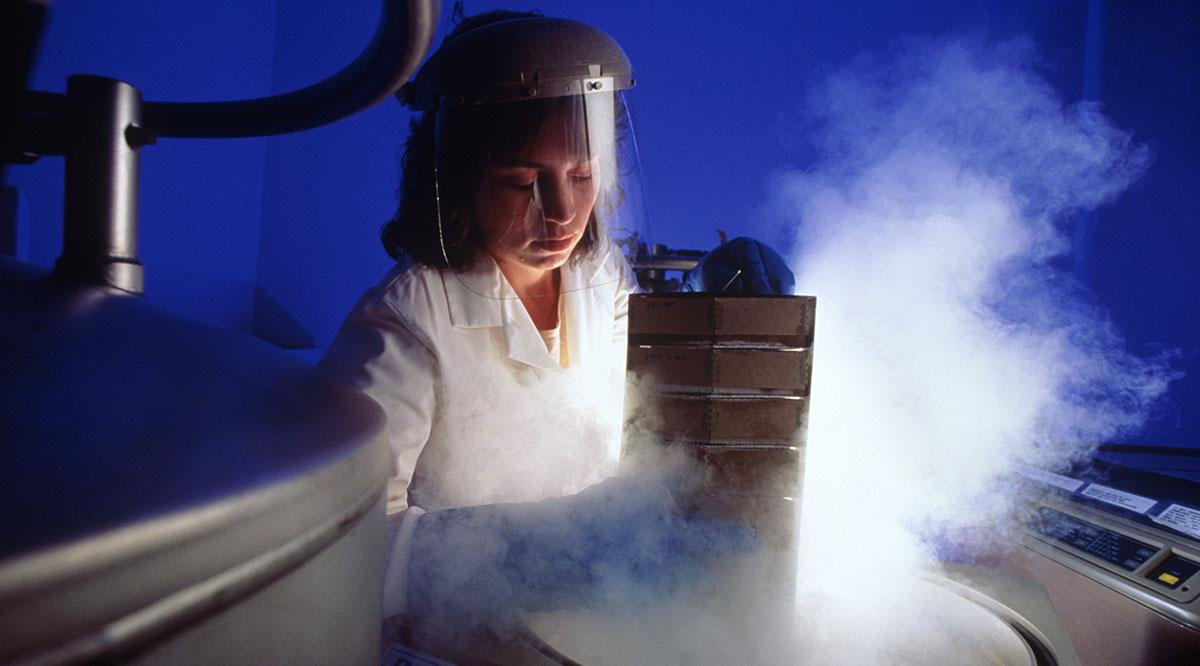☰ ATSU Navigation
COVID-19: News & Resources

Between late February and mid-April, Academic Medicine received ~80 submissions from authors around the world seeking to disseminate knowledge about conducting patient care, health professions education, and research during the COVID-19 pandemic. The editorial team is facilitating the process for COVID-19 content in the following ways:
Full details are available here.

As stay-at-home orders shuttered university labs, directors faced unprecedented questions: What research was allowed to continue and what stopped? What science is likely to be lost? Who will pay to resume experiments? The Association of American Medical Colleges discusses the effects that the COVID-19 pandemic has had on research labs (link).

Sally Amero, PhD, NIH Review Policy Officer and Extramural Research Integrity Liaison Officer
NIH released guidance for peer reviewers clarifying that reviewers should assume issues resulting from the COVID-19 pandemic, such as the following, will be resolved prior to award and not allow concerns about temporary, emergency situations to affect grant application scores.
Additional details can be found at the Open Mike blog and NIH's central repository of COVID-19 resources.